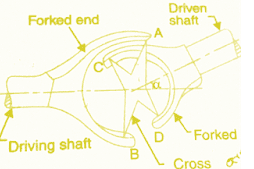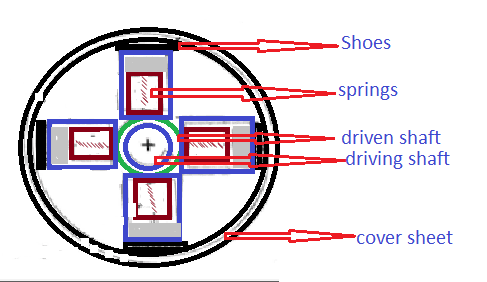Difference between Viscosity and Density?
Viscosity is the measurement of how thick a liquid is. It’s usually measured in units called poise (pl) or centipoise (cps). The higher the viscosity, the thicker the liquid, The higher the viscosity, the slower it flows.
Viscosity is the measure of a fluid’s resistance to flow. The higher the viscosity, the more viscous a fluid is. Viscosity affects how well and how easily a fluid flows at low temperatures or when an object is immersed in it. It can also affect how well something adheres to another surface, such as oil on water or clay on glass.
Density is the amount of mass per unit volume of a substance.
Density is a measure of how heavy or dense something is and can be measured in kilograms per cubic meter (kg/m3) or pounds per cubic foot (lb/ft3).
There are many factors that influence the viscosity of a fluid such as temperature, pressure, and gravity. When these factors change then so does the viscosity of the fluid. Therefore it has to be noted that viscous fluids are affected by shear forces while non-viscous fluids are not affected by shear forces. The density varies with changes in temperature but there is no direct relation between them because they have different values for each substance which varies according to its chemical composition and molecular structure.


